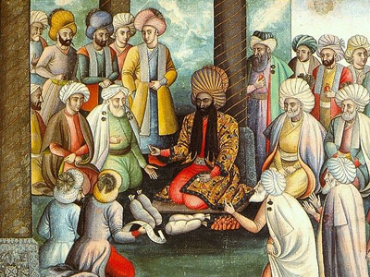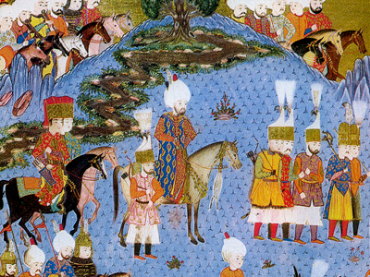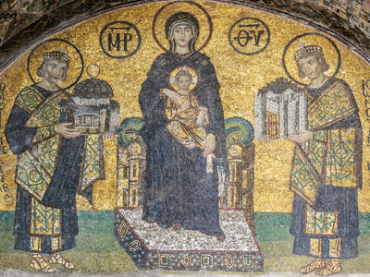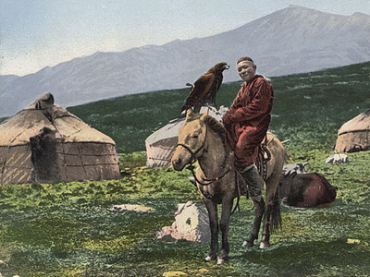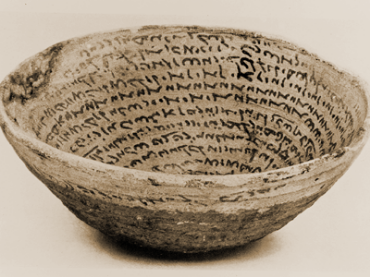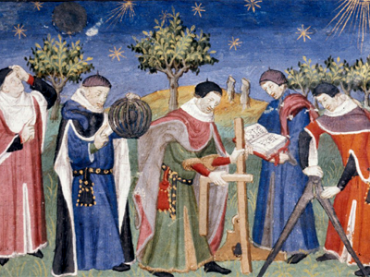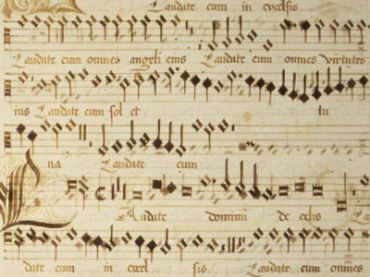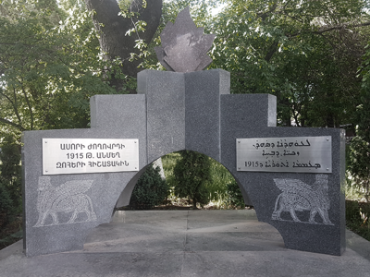Close
Menu
- Home /
- History
History
Categories
- New Releases
- Sales
- Sokoloff Syriac Lexicon
- American Journal of Ancient History
- Newest Releases (SALE)
- Weekly Sale 10
- Antioch Bible Bundles
- Bundle
- Forthcoming
- Ancient Near East
- Archaeology
- Biblical Studies
- Classics
- History
- Islamic & Middle Eastern Studies
- Jewish Studies
- Language and Linguistics
- Learning Resources
- Manuscript Studies
- Reference
- Religion
- Reprints
- Syriac and Eastern Christianity
- Special Sale (30% Off)
- South Asian Studies
Information
Gorgias Press is an independent academic publisher specializing in the history and religion of the Middle East and the larger pre-modern world. We are run by scholars, for scholars, who believe strongly in "Publishing for the Sake of Knowledge."
My account
Customer service
Newsletter
Wait...
Copyright © 2025 Gorgias Press LLC. All rights reserved.

